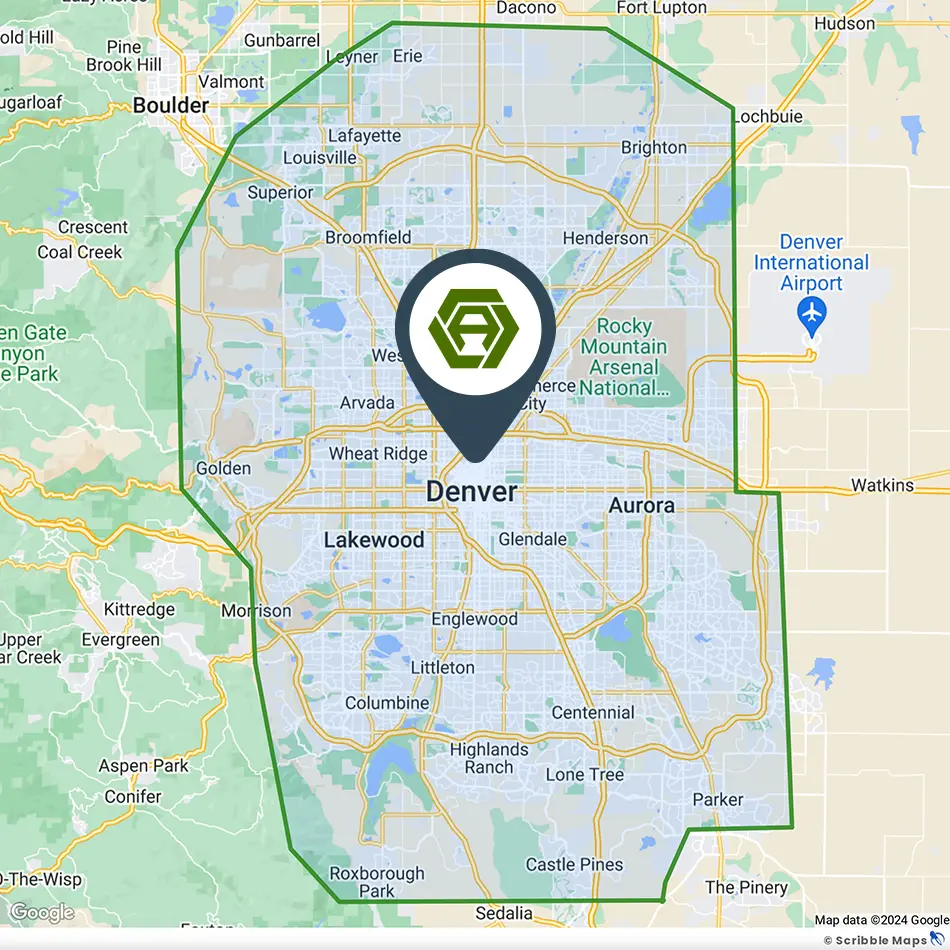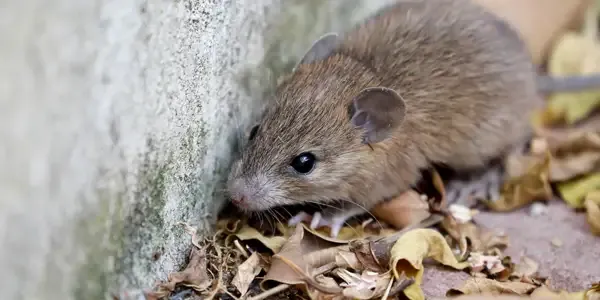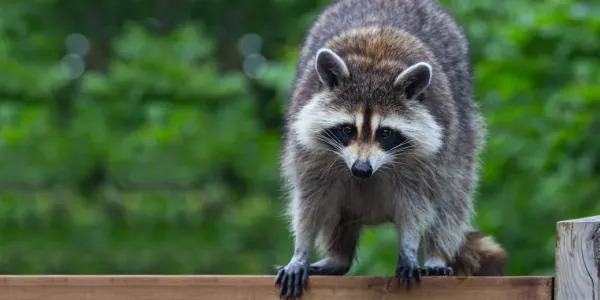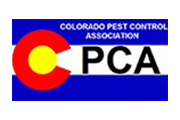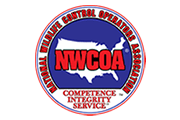What kind of pest problem are you having? Select all that apply.
Pest Control in the Denver Metro Area
Choose Advantage Pest Management for your pest control needs in the Denver Metro Area for reliable and effective solutions tailored to your specific requirements. With our comprehensive pest control services, experienced team, and commitment to customer satisfaction, you can trust us to keep your home pest-free and your family safe. Say goodbye to unwanted pests and hello to a pest-free environment with us on your side.
Check Out Our Services
Save Money on Pest Control
When you have an infestation, you shouldn’t have to worry about costs. Check out what current special offers we have to make the process easier for you!
No Contracts Required
At Advantage Pest Management, we prioritize customer satisfaction, which is why we don't lock you into contracts. Our guaranteed results and excellent customer service speak for themselves, earning the trust of our customers in the Denver Metro Area. With us, you have the flexibility to choose the services you need without any long-term commitments.

Areas We Service in the Denver Metro Area
Advantage Pest Management is proud to be a locally owned and operated pest control company serving the Denver Metro Area. With our deep understanding of the local community and its unique pest control challenges, we're dedicated to providing tailored solutions that meet the needs of our neighbors. We service the following cities:
